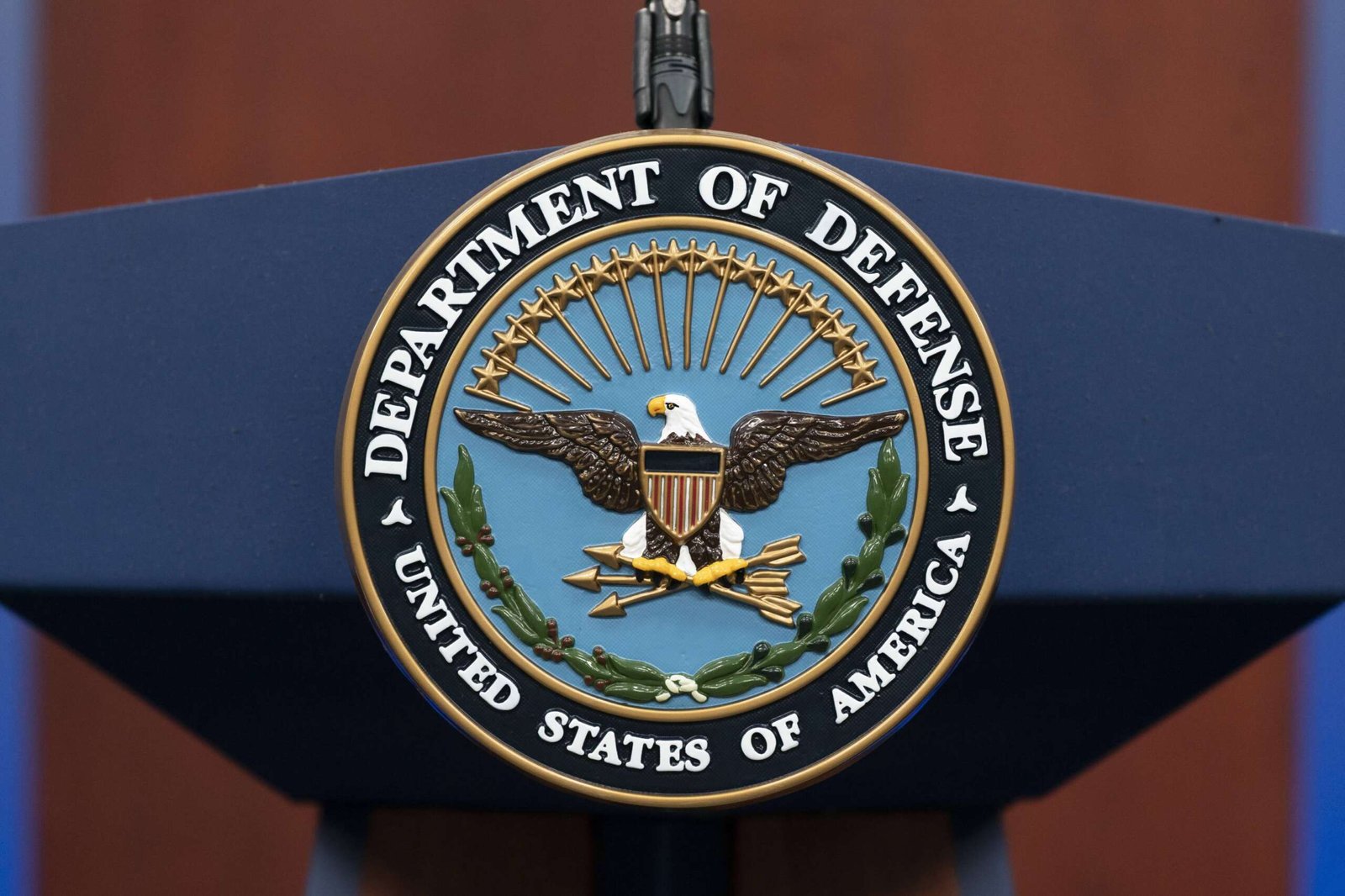The bill invests in military quality-of-life improvements while slashing social safety net programs that many military families and veterans depend on.
The Pentagon is one step closer to securing a $150 billion funding increase after Congress approved the reconciliation bill that the department was banking on to supplement its otherwise flat budget.
This year, the Defense Department decided to build its fiscal 2026 budget request around a “one budget, two bills” approach, shifting many of its priorities — including quality-of-life improvements, shipbuilding and missile defense — to the one-time bill.
The $150 billion funding boost, combined with the base budget request from the Defense Department, pushes total Pentagon spending to more than $1 trillion for the first time ever.
When asked about future defense budgets once the department can no longer rely on reconciliation, defense officials told reporters last week that unless the President’s tone changes, the department will “stick with $1 trillion for national defense spending in 2027.”
Dive into efforts across the government to implement identity security both as a defensive and offensive cybersecurity tactic — and as a core tenet of a zero trust architecture. Download our new ebook, sponsored by Okta.
While the reconciliation measure invests approximately $7.5 billion into quality of life improvements like unaccompanied housing, healthcare programs and bonuses and incentive pays, the bill also cuts funding for social safety net programs that many military families and veterans depend on.
The bill that was approved Thursday and is now awaiting the president’s signature allocates $1 billion for barracks — the amount, however, will be split among all four military branches.
But the Defense Department has already diverted $1 billion from the Army’s facilities, sustainment, restoration and modernization (FSRM) account to fund the southern border mission.
In its fiscal 2026 budget request, the Pentagon requested $5 billion to cover operational costs at the southern border — defense officials told reporters the funding would backfill any money redirected from current military accounts to support the Pentagon’s expanding role at the border. The reconciliation bill, however, provides $1 billion to support military activities at the southern border, including the temporary detention of migrants on DoD installations and operating and building infrastructure in “national defense areas.”
The bill also provides $230.48 million for the Marine Corps Barracks 2030 initiative, and $119 million is being set aside for the service’s base operating support.
The one-time measure temporarily raises the cap on how much the government can invest in privatized military housing projects. Previously, the Defense Department could invest only up to one-third of a privatized housing project’s cost in cash or up to 45% if it contributed land or facilities as part of an investment.
Under the reconciliation bill, those caps are now raised to 60% until Sept. 30, 2029.
Sign up for our daily newsletter so you never miss a beat on all things federal
Other investments include:
Meanwhile, the reconciliation bill slashes funding for social safety net programs such as the Supplemental Nutrition Assistance Program, known as SNAP, the country’s largest nutrition program that over 1.2 million veterans and military families rely on.
The bill makes it harder to qualify for SNAP benefits by restoring work requirements for veterans and reducing benefit amounts. The bill also shifts some of the cost for the program from the federal government that has paid for the benefit to the states, which will strain state budgets and force them to make cuts to the program.
“Cutting SNAP exemptions for veterans is an unacceptable betrayal. Research consistently shows that military and veteran families face food insecurity at alarming rates. While Congress bipartisanly acknowledged these struggles, giving lower-enlisted service members a much-needed pay raise in the 2025 National Defense Authorization Act, these proposed SNAP cuts directly contradict that progress. They ignore the unique challenges veterans face, from service-connected disabilities to navigating the transition to civilian life. SNAP isn’t a handout; it’s a vital lifeline that keeps food on the table for those who serve,” Iraq and Afghanistan Veterans of America (IAVA) said in a statement.
Copyright © 2025 Federal News Network. All rights reserved. This website is not intended for users located within the European Economic Area.
Reconciliation bill boosts military pay, housing, cuts benefits for troops, veterans – Federal News Network



